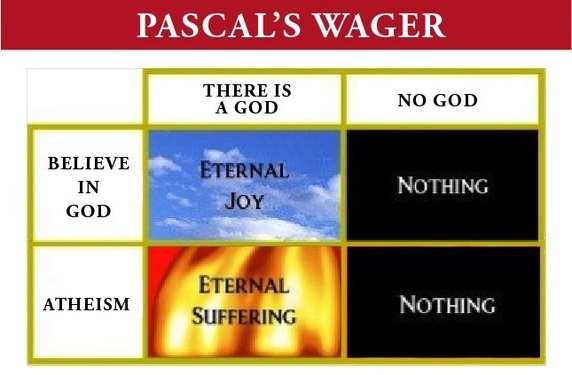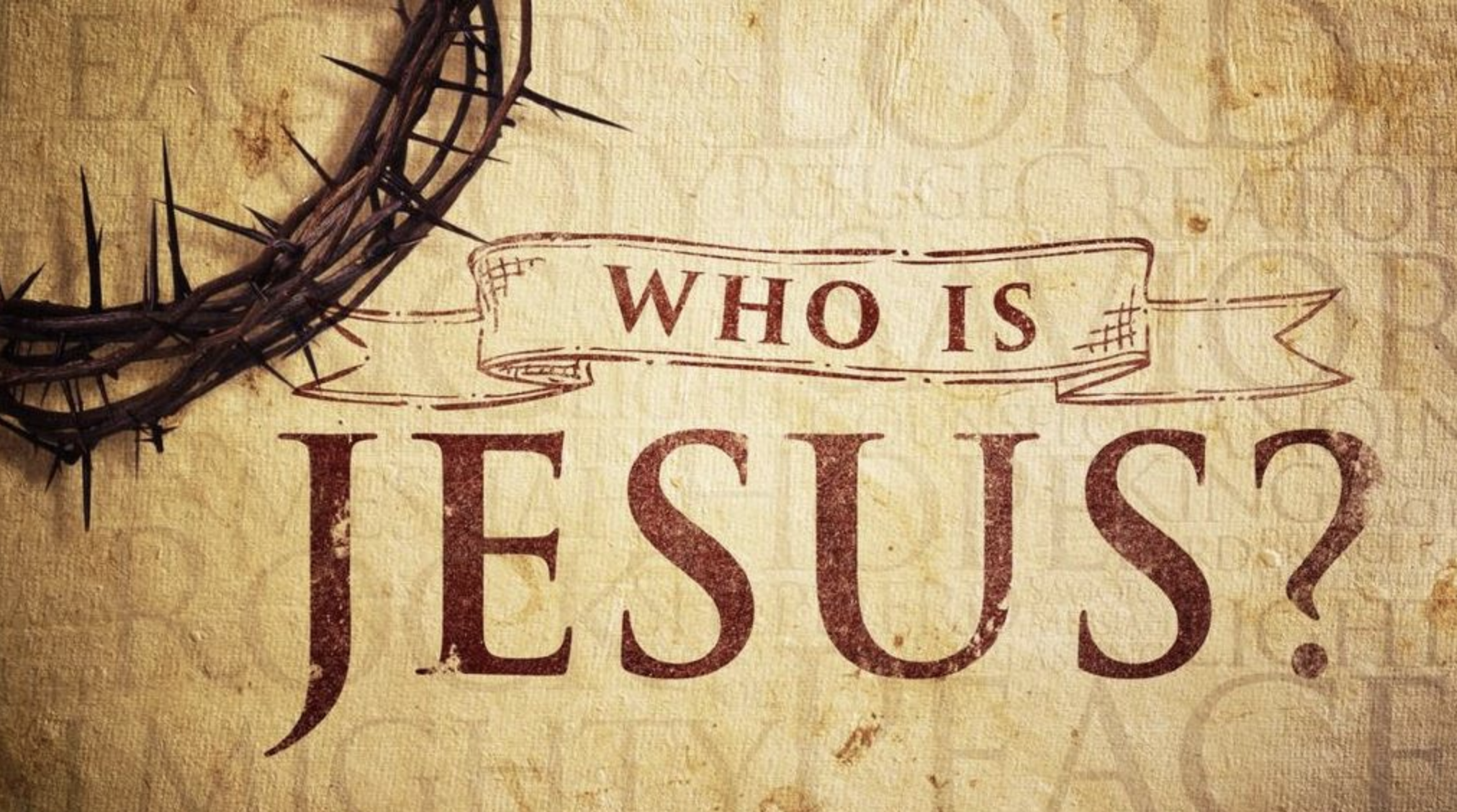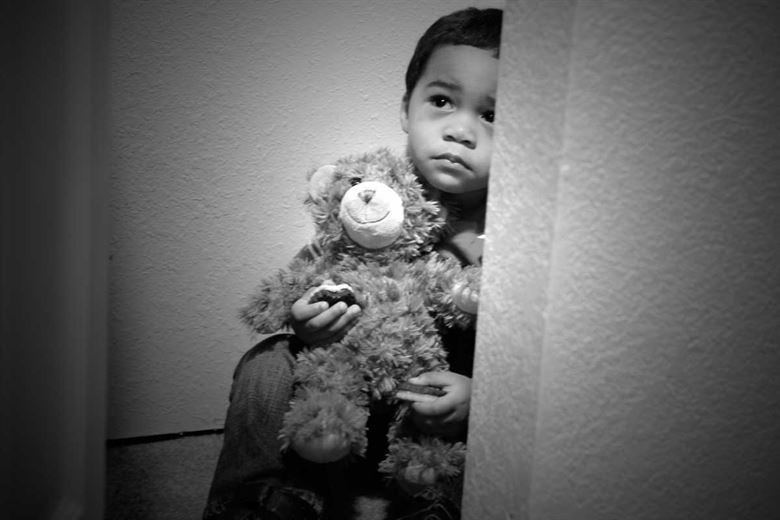Sorry Christian pastors… After 33 years of being deeply embedded in the Christian religion – many of those years ministering behind the scenes, collaborating with pastors, befriending pastors, serving along side of pastors… I am convinced that every single one of you are fraudulently taking unearned money from your congregations and you are providing no actual benefit to anyone as a result.
Young man… are you thinking of entering the Christian ministry? Does making an easy living appeal to you? All you have to do is fill up 30 minutes every Sunday with the results of your easy book “study” (or just copy notes from the thousands of times others have “studied” that same book), and people give you their money. They line up to tell you how great you are. They bake you cakes. And there’s absolutely zero pressure… when someone asks you the tough questions, like why god sits back, watches, and does nothing while Christian children get raped, all you have to do is smile knowingly (like you have it all figured out), and say, “God is mysterious.” For that… you get an annual salary, free housing, and you never have to actually work a day in your life.
The only downside is at the end of your life you will have accomplished nothing of any value. Nothing.
Jerry Falwell Jr.
We all found out yesterday that for years…. years… Jerry Falwell Jr. (his idiot father’s idiot son) paid a blackmailer to keep his wife’s affair a secret, so that they could keep up their phony “Godly” image.
1). This is completely corrupt behavior.
2). This does not surprise me in the least.
3). Where did the money come from? Falwell draws a humble servant’s paycheck of ONE MILLION DOLLARS PER YEAR – money given to the church to “further God’s mission.”
4). For years, Falwell has been telling you to have faith in god, while he himself showed zero faith in god to help him through his time of trouble. Instead of drawing upon his faith, Falwell paid a blackmailer in an attempt to present an altered, whitewashed version of reality.
The Clergy Project
The Clergy Project is an online group of (current and former) anonymous pastors who no longer believe in the supernatural, but who don’t feel comfortable revealing that fact or their identities to anyone. They can form online connections with others who are in the same situation and receive support, all while still keeping their “Sunday” jobs (often because they don’t know how to make a living any other way).
There are currently more than 1,000 pastors in The Clergy Project and the number continues to grow.
Your pastor may be one of them.
https://news.yahoo.com/jerry-falwell-jr-says-wife-061600284.html








